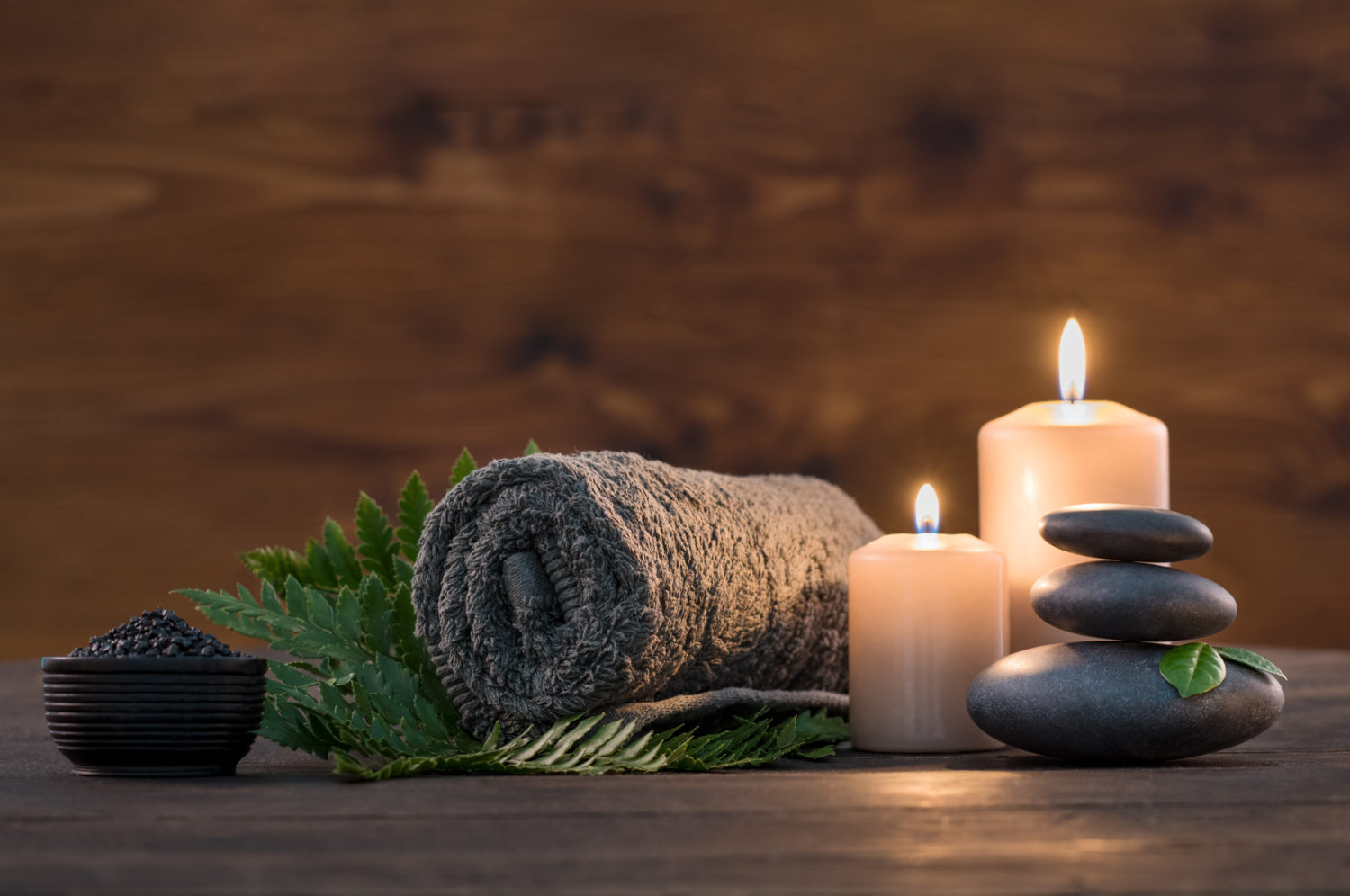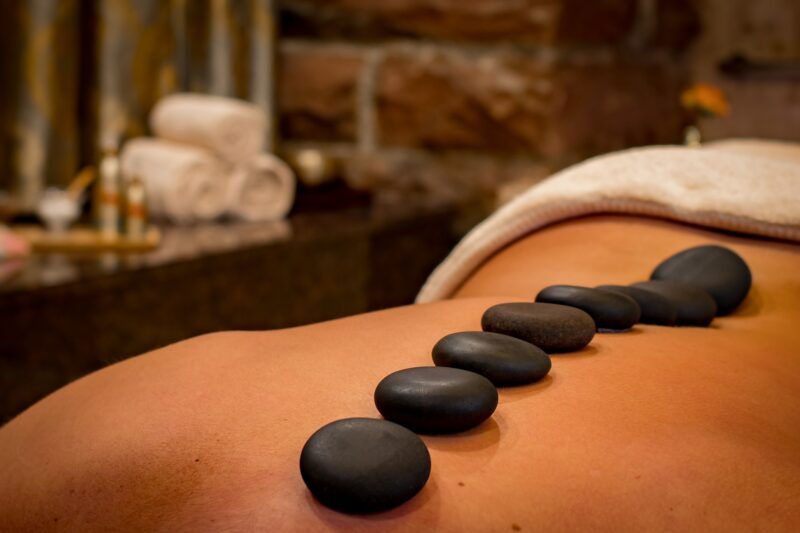In a fast-paced world where stress seems to lurk around every corner, the art of massage therapy emerges as a sanctuary of solace and rejuvenation. This ancient practice, steeped in history and tradition, offers more than just a physical touch; it unlocks a profound connection between body and mind.
For beginners, the realm of massage therapy may appear daunting, with a plethora of techniques, styles, and theories to navigate. Yet, fear not! Whether you seek to relieve tension, enhance well-being, or simply indulge in a moment of tranquility, this guide will illuminate your path.
Together, we will explore the foundational principles of massage, the various methods at your disposal, and the incredible benefits that await those willing to embrace this healing journey. So, take a deep breath, and let the hands of time guide you into the restorative embrace of massage therapy.
What is Massage Therapy?

Massage therapy is a holistic practice that involves the manipulation of soft tissues in the body to promote relaxation, pain relief, and overall well-being. Traditionally rooted in ancient healing practices, it has evolved into a diverse field with various techniques, including Swedish, deep tissue, and sports massage, each tailored to address specific needs. At its core, massage therapy fosters a deeper connection between the body and mind, helping to alleviate stress and tension while enhancing circulation and mobility.
Whether youre an athlete seeking to optimize performance, someone recovering from an injury, or simply looking to unwind, massage therapy can be a transformative experience that revitalizes both body and spirit, making it an increasingly popular choice in today’s fast-paced world.
Brief History of Massage

Massage therapy boasts a rich and diverse history that spans thousands of years, rooted in ancient civilizations. The earliest records, dating back to around 3,000 BCE in Egypt, depict massage as a revered practice, often linked to healing rituals and the pursuit of wellness.
In China, texts from as early as 2700 BCE describe the therapeutic benefits of touch, illustrating how traditional practices evolved with philosophies like Taoism and the principles of Qi. Meanwhile, in India, Ayurveda, the ancient system of medicine, integrates massage as a vital component for balancing bodily energies and promoting overall health.
As cultures merged and knowledge exchanged hands through conquests and trade, the techniques and philosophies surrounding massage grew increasingly sophisticated. Today, massage therapy stands at the confluence of ancient wisdom and modern understanding, celebrated not only for its physical benefits but also as a pathway to emotional and mental well-being.
Physical Benefits

Massage therapy offers a myriad of physical benefits that can transform the way we experience our bodies. At its core, the gentle manipulation of muscle and soft tissue helps alleviate tension, promoting relaxation and enhancing overall well-being.
Imagine feeling the weight of stress gradually melting away, replaced by a sense of relief that radiates from your muscles to your mind. Not only can regular massage improve circulation—boosting the flow of oxygen-rich blood to your tissues—it can also aid in the recovery of injuries by reducing soreness and stiffness.
Moreover, individuals suffering from chronic pain conditions often find solace in massage, as it helps to break the cycle of pain, offering a reprieve from discomfort and allowing for greater mobility. The cumulative effects of these physical advantages are profound, leading many to incorporate massage into their wellness routines as a vital approach not just for relaxation, but for the overall enhancement of their physical health.
Mental and Emotional Benefits
Massage therapy is not just a treat for the body; it serves as a sanctuary for the mind and soul. As skilled hands work away tension, participants often find a unique sense of release, drifting into a realm where worries fade and stress dissipates like mist in the morning sun.
The rhythmic strokes can evoke deep feelings of tranquility, echoing through one\’s thoughts and encouraging a meditative state. Not only does massage alleviate physical discomfort, but it also catalyzes the production of endorphins, those natural mood lifters that spark joy and diminish anxiety. Imagine surrendering to an hour of pure relaxation, where both emotional burdens and mental clutter are gently unraveled, leaving behind a sense of rejuvenation that resonates far beyond the session.
In essence, the benefits of massage therapy extend well into the emotional landscape, fostering resilience, clarity, and an overall sense of well-being.
Conclusion
In conclusion, massage therapy is a holistic practice that not only promotes relaxation but also enhances overall well-being. As a beginner, understanding the various techniques and benefits of massage can empower you to make informed choices for your health.
Whether youre seeking relief from stress, pain management, or simply a moment of tranquility, massage therapy offers a multitude of options to suit your needs. Exploring resources such as 마사지사이트 can provide valuable information and help you connect with qualified therapists. By incorporating massage therapy into your self-care routine, you can take a proactive step towards achieving a healthier and more balanced lifestyle.


